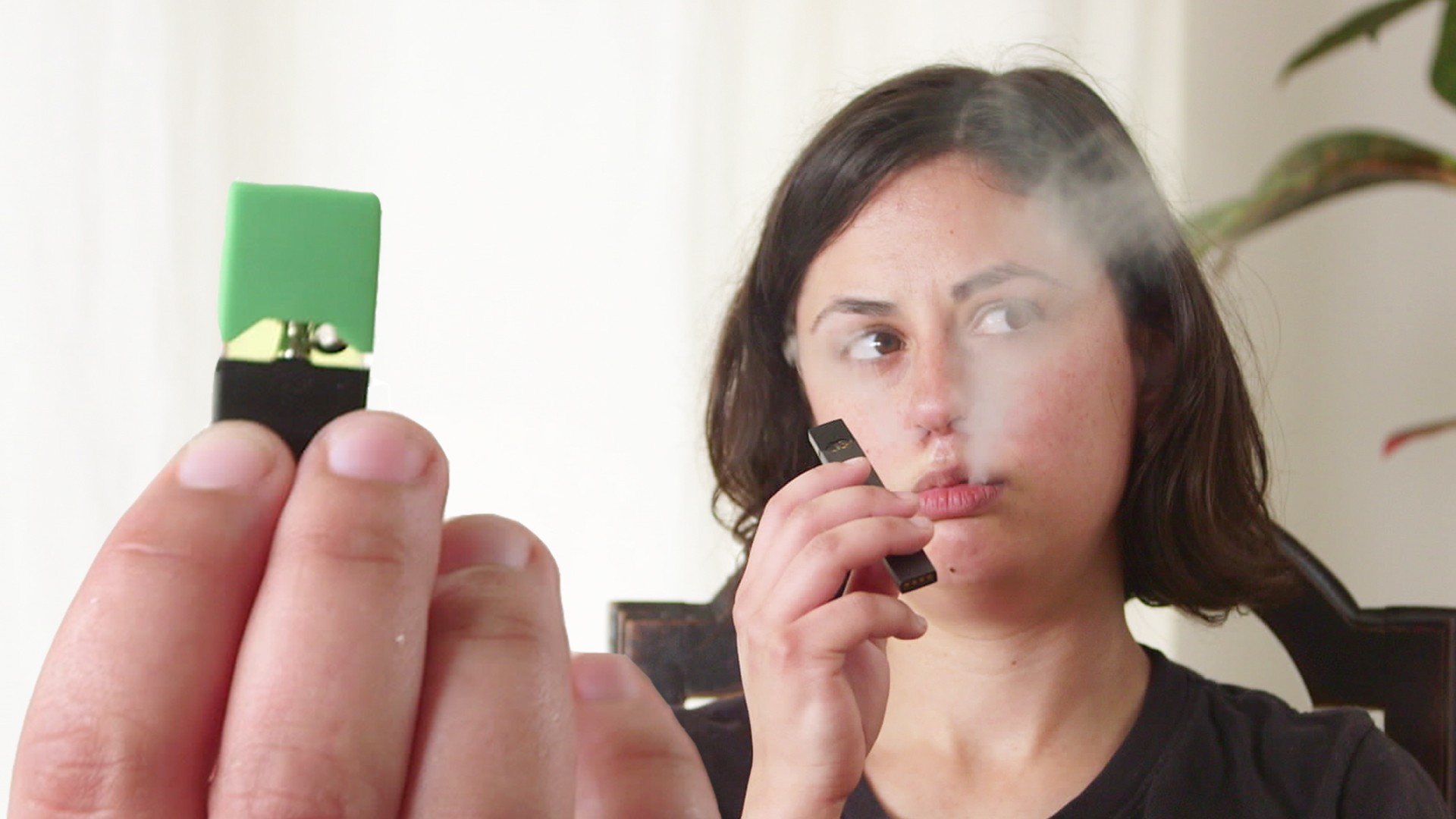Photo via SolStock/Getty Images
A version of this article originally appeared on Tonic Netherlands.Recently I started going to a new psychiatrist to receive treatment for panic disorder. Over the last seven years, I've changed therapists multiple times because the panic attacks kept coming back. I shiver, sweat, hyperventilate, and often have to throw up as I become overwhelmed by intense fear. These days, I generally know how to cope, but there are still moments when I can't manage to stave off a panic attack on my own. When that happens, I use a surprising method to cope: I listen to recorded conversations I've had with my psychiatrist, and it helps me relax.Research shows that many health professionals in the Netherlands—where I live—don’t like the idea of recording conversations with their clients, despite the fact that it's legal* if the client's going to listen to the audio at home. Thankfully, my psychiatrist doesn’t have any problems with it.This coping mechanism has paid off in ways I never expected: The possibility of having a panic attack, for instance, used to mean that I didn't like to go on vacations. The idea of being in Costa Brava when an attack hit wasn't appealing; it was painful to imagine everyone around me relaxing while I was unable to do so. But after I started taping the conversations with my psychiatrist, I was able to go to Spain for the first time in years. If I had an attack, I'd just put on my headphones and listen to a session while I stretched out on a beach. When I listened, it felt like half of the conversation was new to me. And it wasn't unusual for me to only partly remember our previous conversations.
More from Tonic:
In a letter to the Dutch House of Representatives two years ago, Edith Schippers (VVD)—the then-Minister of Health, Welfare and Sports—explained that patients often forget a large part of the information provided by their health professionals. This certainly applies to conversations that are emotionally charged. “Recording a conversation offers a solution,” she wrote. Today, more and more young people are experiencing psychological problems, which motivates them to see a therapist or a psychologist. But to my surprise, the majority of the people I spoke with have never recorded a session. Most didn’t know it was a possibility.One young man I spoke with, named Joris, also records his conversations. Joris is in therapy for a social anxiety disorder and depression and is processing his father's suicide. He feels that his recovery has gone more smoothly since he started recording his conversations. "Without those recordings, I forget more than half of the conversation," he says. "When I’m struggling with a bad thought, I like to listen to my recordings. It brings me closer to my bright side."Joris usually listens to his conversations during a walk. "If I listen to a recording, I’m able to do something with it again. Next to hearing new things and advice, I also get the same energy as during the conversation. Sometimes I have a certain feeling and I can remember that my therapist said something about it. The recordings help me to recall what it was exactly. I listen to my conversations as others listen to a mindfulness exercise. It brings me clarity and peace."Although a number of therapists still don’t feel comfortable taping their conversations, many colleagues are starting to see the usefulness of recordings. One therapist I spoke with, Claudia, says she tapes every session and lets her clients take the recordings home. "People are more relaxed during a session when I record the conversation," she says. "They don’t have to take notes or be afraid they’ll forget something."Claudia believes that if her clients listen to the recordings at home, they’ll feel as good as they often do when they leave the session. "Recordings also make it possible to see how much you’ve already progressed with the therapy. If you listen to a session six months later, you might realize what you’ve already learned. This is important because clients can get the idea they’re not making any progress."When Claudia goes to her own therapist, she also records the sessions. She has a past history of depression and, by listening to her conversations, she's able to gain more from them. "You don't want to be depressed anymore, and you can make quicker progress if you hear your sessions more often."In fairness, everyone is different. One person could find listening to past therapy sessions highly beneficial, while it may be a counterproductive strategy for others. That said, it's important for people to know that listening to recorded conversations of yourself and your therapist is legal*—and, for some, could prove helpful. I've already booked my second vacation.*Editor's note: In the United States, the legality of recording therapy sessions likely differs from state to state, says Marla Deibler, a licensed clinical psychologist and executive director of the Center for Emotional Health of Greater Philadelphia, whom Tonic reached out to for comment. "In general, it is ethical practice to ensure that if anything will be recorded, that both patient and therapist agree to what is to be recorded and to its use, as well as how that recording will be handled in a HIPAA compliant manner," Deibler says.Sign up for our newsletter to get the best of Tonic delivered to your inbox.
Advertisement
More from Tonic:

In a letter to the Dutch House of Representatives two years ago, Edith Schippers (VVD)—the then-Minister of Health, Welfare and Sports—explained that patients often forget a large part of the information provided by their health professionals. This certainly applies to conversations that are emotionally charged. “Recording a conversation offers a solution,” she wrote. Today, more and more young people are experiencing psychological problems, which motivates them to see a therapist or a psychologist. But to my surprise, the majority of the people I spoke with have never recorded a session. Most didn’t know it was a possibility.
Advertisement